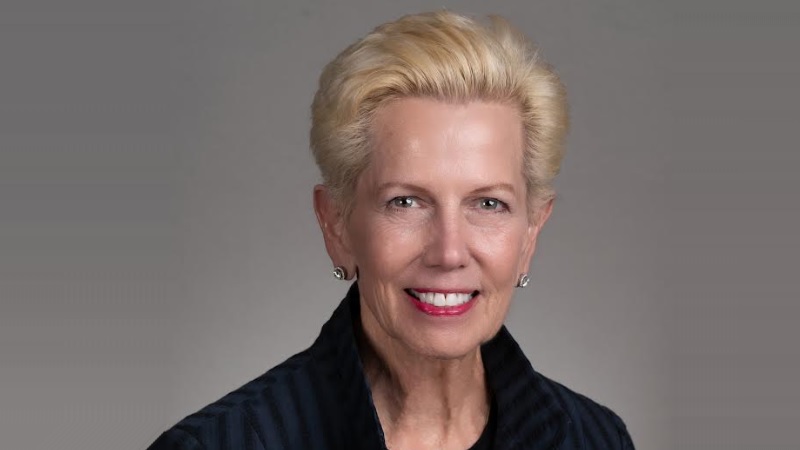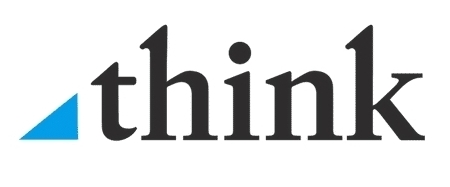
Goodwill Operations in Washington, D.C., Baltimore, and Delaware form Collaborative Aimed At Recycling Items Donated and Unsellable
As Earth Day approaches, awareness about recycling and sustainability is a message that is front and center. Despite that, glass, hard plastics, and textiles remain challenging materials to recycle effectively in the United States. Various factors contribute to this difficulty, including logistical issues, economic constraints, and the lack of infrastructure tailored to recycling these materials.
Catherine Meloy, CEO of Goodwill of Greater Washington, does not see this as a challenge, but rather, an opportunity. She, along with her fellow CEOs from Goodwill of the Chesapeake and Goodwill of Delaware and Delaware County are joining forces to launch operations in their respective territories to recycle glass, hard plastic, and textile items that are donated but can’t be sold.
This innovative sustainability initiative is aimed at making the most use of donated items that don’t sell in their stores, upskilling their retail workforce, and increasing their capacity to deliver on their non-profit mission. They see this effort as one set to revolutionize recycling and reuse by investing in cutting-edge technology to convert textiles, glass, and plastic into raw materials that can be upcycled into new goods. It was conceived during discussions by the three on leveraging the collective reach and resources of their organizations to make a tangible impact on the environment while fostering economic growth.
“By turning unsold donated items into a resource, we’re tapping into opportunities to upskill our retail team members and presenting people with opportunities to increase their computer skills and earn industry-recognized sustainability certifications,” said Meloy. “These experiences and certifications come with opportunities for career advancement and higher wages.”
With a focus on people, planet, and prosperity, the three Goodwill organizations are hoping to leverage intellectual capital and physical resources to convert used textiles into raw materials and new fabrics, shred plastic, and implode glass (separately) into raw materials that can be sold to existing domestic markets. For example, glass can be imploded into sand and cullet for use in construction and manufacturing projects, while shredded plastic can be used to manufacture an array of items from park benches to plastic pallets for warehousing. The program is slated to launch in May and June of this year.
Goodwill of Greater Washington transforms lives and communities through the power of education and employment. For more information about this sustainability collaborative please visit Goodwill of Greater Washington DCGoodwill.org, Goodwill Industries of the Chesapeake GoodwillChes.org; or Goodwill of Delaware & Delaware County GoodwillDE.org






